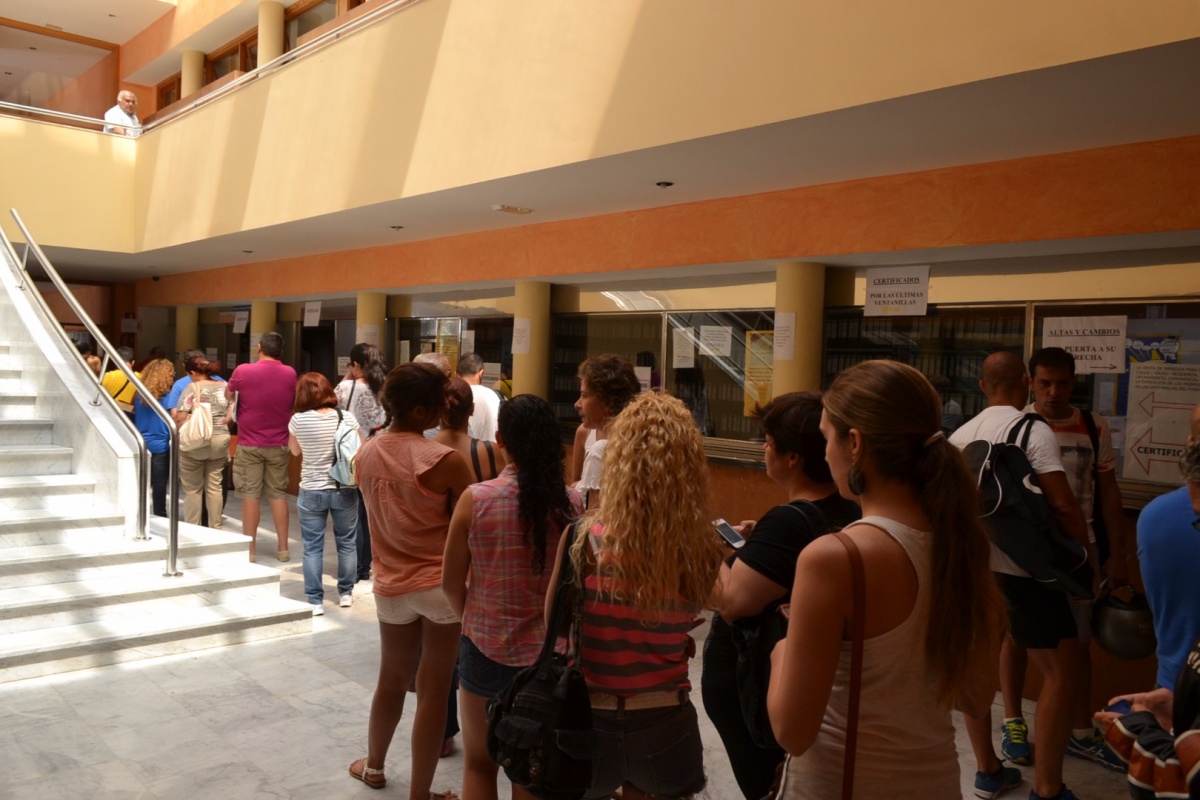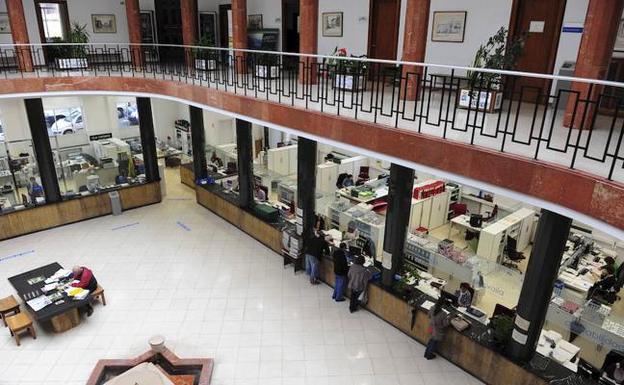Here’s something to get you thinking. The Spanish State maintains more people on it’s payroll than the number employed in the private sector.
Including the employed, the unemployed and state pensioners, the government is responsible for salaries and social payments to 700,000 people more than all of those who are employed in private commerce and industry.
This is a situation that has gradually developed in the last ten years when the situation was just the opposite, but the effects of the ongoing crisis and the aging population have caused the figure to be turned around.
And with over 8,100 self-governing municipalities, all of which employ an overabundance of town hall staff, it seems likely that the situation is not going to change anytime soon.

Castile y León in northern Spain is the autonomous community with the largest number of municipalities (2248) while the region with the smallest number, 45, is Murcia.
The largest in terms of population is Madrid with 3,123,463 while the smallest is Illan de Vacás in Toledo that has just 6. Indeed 84% of municipalities have less than 5000 inhabitants but only 13% of the population actually lives in them.
What also made me chuckle was an interesting article that I read in El Pais a couple of years ago that stated “Spaniards sleep fewer hours and work longer days than their European neighbours, largely because of the 2 hour lunchbreaks, but they are less productive. However, despite all this, because of the climate, the food, the healthcare and education systems, and the way people interact with each other, Spain is a great place to live but it is still a terrible country in which to work.”
Fortunately the vast majority of expats who reside here in Spain are either semi or completely retired so we are not generally affected by such working practises.
Nevertheless, as a semi retiree, what I do find exceptionally bizarre, particularly in a country where 65 percent of exports go to EU members, is that, despite numerous studies recommending a change to working hours, bringing them more in line with the rest of Europe, Spanish executives and managers are still returning from their lunch at 4pm or later to find that in the rest of Europe many of their equivalents are getting ready to go home.
I can’t help thinking that even now, Franco, who switched away from GMT, still has a lot to answer for, almost 50 years after his death.





